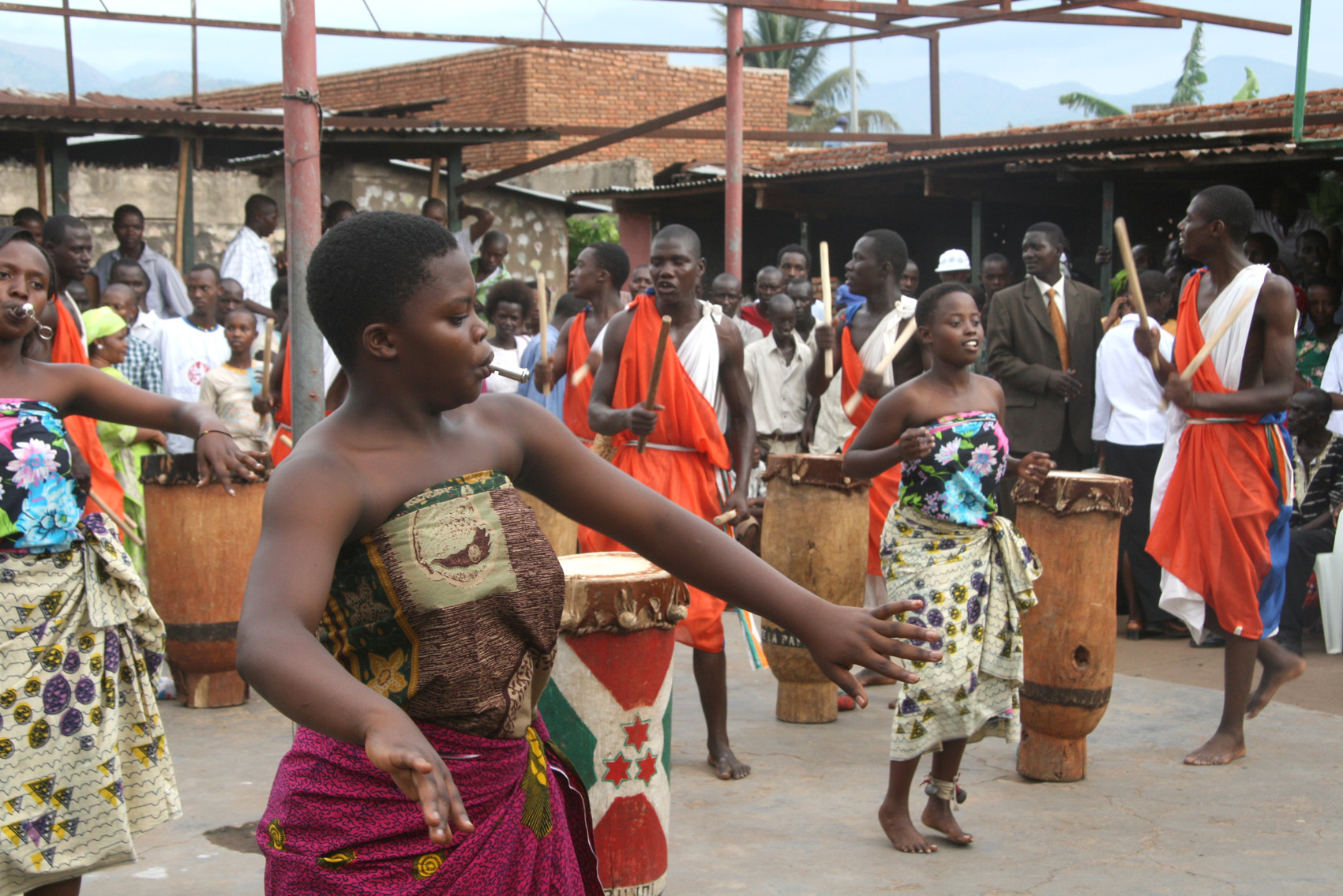Several spoke to IRIN:
Leonce Ngendakumana, president of the Front pour la démocratie au Burundi (FRODEBU), one of 12 members of the Alliance des Démocrates pour le Changement (ADC-Ikibiri):
"We want dialogue on three main issues: security in Burundi and its impact on the region; the issue of fundamental rights and civil liberties; and the use of public funds, be it money generated from income, donations or debt collection.
"Today, Burundi's situation is explosive. If the government continues to imprison members of the opposition, causing opposition leaders to flee the country, harassing, torturing and even killing opposition supporters; if these people, whose space for expression continues to diminish every day, take up weapons, will the region, the UN and the international community condemn them?
"We denounce what is happening in the country but our pleas continue to fall on deaf ears. My question is, when [the now ruling] CNDD-FDD took up arms as a rebel group, it said it was doing so because it lacked space for dialogue. Why is CNDD-FDD now the one denying others the same space it fought so hard for?"
|
Photo: Jane Some/IRIN  |
| UPD leader Zedi Feruzi |
"Regardless of which party one belongs to, we should be allowed to convey our messages to our supporters without any hindrance because this is our right. Even though the current government is in power after a flawed electoral process, we urge it to foster dialogue with other parties to resolve issues such as misuse of public funds, corruption and the oppression of people's rights."
Nestor Girukwishaka, Forces Nationales de libération (FNL). The FNL was the last of Burundi’s rebel groups to become a political party. Its leader, Agathon Rwasa, went into exile in June 2010:
"FNL is a political party; we have no rebel faction, although more than 100 FNL supporters are in prison on political charges.
"For us, fighting is not an option. We want to continue fighting for our rights politically. We have written to government officials calling for the release of political prisoners, we have even appealed to the UN Secretary-General and the international community to urge the government to stop these abuses against the public and opposition parties.
"We are drawing the government's attention to the fact that anything explosive can happen because people are angry yet political parties may not be able to control their supporters. Who knows what these supporters can do if their oppression continues?"
Odette Ntahiraja, secretary-general of the Mouvement pour la solidarité et la démocratie (MSD):
“The MSD does not want to take power as such, if the ruling party reforms and ends its dictatorship and restores the rule of law, then we will recognize its victory [in recent elections, most of which were boycotted by the bulk of the opposition].
|
Photo: Jane Some/IRIN  |
| MSG secretary-general Odette Ntahiraja |
William Munyembabazi, secretary-general of the Conseil national pour la défense de la démocratie-Forces de défense de la démocratie (CNDD), whose leader, Leonard Nyangoma, is also in exile:
"When we talk about dialogue, we want certain guarantees. We need assurances that if our leaders [who have fled] come back, they will be safe. Many in the opposition do not feel safe. We want an assurance on this too. Personally, I can no longer move at will in the city. I feel my movement has been curtailed.
"This country has suffered too much already. We don't want to go back to civil war… The government and the ruling party should agree to sit down with the opposition and chart a peaceful way forward. The government can take the risk of holding talks with us or putting the country on the path of yet another civil war."
The ruling party’s position:
Daniel Gelase Ndabirabe, secretary-general of the Conseil national pour la défense de la démocratie-Forces de défense de la démocratie (CNDD-FDD):
"We are in a democracy. Is democracy a matter of chasing people away or of people fleeing democracy?
"The shock of losing an election can be confusing to some people. What we cannot understand is for a loser to start attacks, killings, etc. As a party we do not understand this. There are those saying we’re the party to blame for these acts, [but] why should we lob grenades or attack anyone when we won the elections?"
Regarding the opposition's plea for dialogue, Ndabirabe said a forum for dialogue already existed.
"It is a forum established after a long process, with the help of UNDP [the UN Development Programme] and BINUB [the UN Mission in Burundi]. This forum brings together all political parties in the country.
"We often meet under this forum and we can hold any dialogue here but if the opposition says it wants negotiations, it will not get anything; in every election, there is a winner and a loser."
js-jb/am/mw
This article was produced by IRIN News while it was part of the United Nations Office for the Coordination of Humanitarian Affairs. Please send queries on copyright or liability to the UN. For more information: https://shop.un.org/rights-permissions





